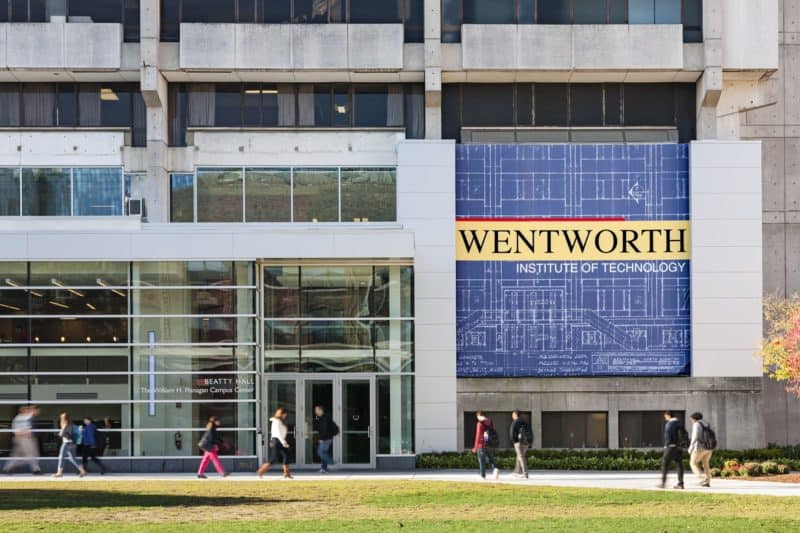Since the outbreak of COVID-19, schools across the Greater Boston region have announced the cancellation of all on-campus programs and events as well as the move to online instruction through the end of the Spring Semester 2020. Universities and colleges are also requiring their students to leave their dormitories, injecting even more uncertainty into the lives of young people at a time when they should be planning for their futures.
In a way, this new reality creates an opportunity. During college, immersive internships in any field of study are essential to successful outcomes after graduation. It may be a good time to seek out the right experience or collaboration to complement classroom learning. Over the years, JM Electrical has maintained a strong partnership with the Wentworth Institute of Technology. As a graduate of the Class of ’72, our founder Paul Guarracino has kept strong ties to the college, serving as a Corporator and member of the finance committee.
Our ongoing relationship with Wentworth has served as a valuable resource for students and recent grads seeking professional development opportunities. In addition, our staff is proud to employ a number of the school’s graduates. So, with the specter of COVID-19 redirecting students to online instruction, including those in the trades or technology space, we thought it might be helpful to offer some guidance on the kind of classes students should take and skills they may want to build, in addition to industry innovations to worth understanding.
For instance, for those learning a trade, it can be useful to enroll in a cross-disciplinary class. Students taking a course in construction management should also consider joining a class in electrical or mechanical building systems. Conversely, if you are in mechanical engineering, taking a class in construction blueprint reading will expand your skills and marketability.
At JM Electrical, students have had the opportunity to gain hands-on experience and real-world knowledge. Through our co-op program, they have a chance to learn diverse skills including how to size pumps, or what variable frequency drives (VFDs) are and how they are used in construction. Classroom learning is essential, but it is also necessary to see how theories and practices are applied. Having the necessary background and knowledge, and then applying it to real-world situations, is incredibly valuable to the development of our co-ops.
Working for a subcontractor allows for involvement in a wide range of projects and helps students better understand the drawings and designs created by construction engineers. And working for a company with diverse offerings – which is family-owned -provides great insight into the full range of operations; in other words, students and recent graduates are not limited to an isolated division, rather their experience is fully immersive. Here at JM Electrical, we have the privilege to contribute to a wide variety of projects: from retail and restaurants to biomedical or pharmaceutical to the important new additions to the Boston skyline like Millennium Tower.
Beyond the benefits of traditional education, the right co-op or internship can provide an invaluable learning experience that gives students an advantage at the start of their careers.
